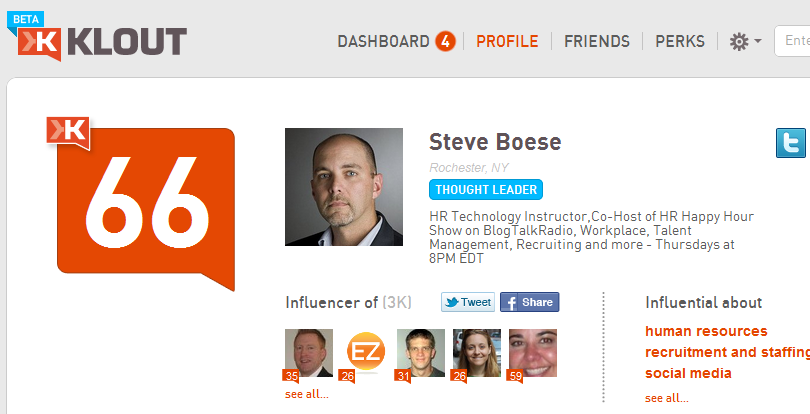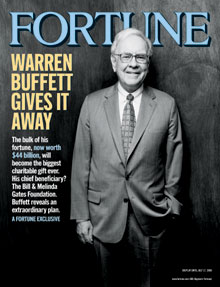Just Because You Can... You Know the Rest
A video clip of the comedian Louis C.K. bemoaning social media and Twitter as being 'awful' made the rounds on the internet in the last few days, where the funnyman has a go at the service, and the kind of shallowness that underpins much of the activity on Twitter and many other social networks. Initially my reaction was that the routine was kind of funny, but that it also was a little narrow-minded; after all, for every silly and insipid update on Twitter one can also find examples of progressive, authentic, and meaningful applications of the service for business, community, civic, and other benefits. Why can't I have a Google Plus Page? Why?
Why can't I have a Google Plus Page? Why?
Social networks are altogether a personal experience, and we all run the risk of gross oversimplification by assuming our experiences are somehow indicative or predictive of anyone else's experiences. So if Louis C.K. or your Mom, or your CEO tries Twitter and finds it 'stupid' or 'awful', well all that really proves is just that, and while their conclusions are perfectly rational and reasonable, they shouldn't matter to anyone else.
Who cares if Louis C.K. thinks Twitter is stupid? No one should. Even if he is possibly right.
But one thing Louis did say in the video does have merit, the social media take on the old advice of 'Just because you can do something, doesn't mean you should'.
I was thinking about this late last night when I discovered that some friends and colleagues had opted in to the new capability Google had released for it's new social platform, and created new Google Plus pages for their businesses or blogs. It hit me, that I too should have a Google Plus page for my blog or for the HR Happy Hour Show.
So I raced over to Google Plus to stake another claim to a tiny portion of the internet, and much to my frustration and confusion, I was not able to create either of the new Google Plus pages I wanted. No real reason, just some unexplained 'Unable to create page. Try again later' message from the great Goog as soon as I clicked the 'Create Page' button.
I kept trying, maybe four of five more times, before giving up in a ticked-off huff. Never mind that I have no real idea or plan for a Google Plus page for the blog or for the show. Never mind that I hardly even go on to Google Plus right now. Never mind I have a million other things to do and don't really need to add 'Google Plus page administration' to the list.
Nope, forget all that. Google Plus pages are there. And darn it, I had to have mine too.
Finally I (sort of) snapped out of it and quit trying to create something I don't really need, don't have time for, won't help me write better posts or have better radio shows, and won't really accomplish much of anything except give Google Plus a little bit more of my time and attention.
The lesson in this little tale? None, really. My experience and conclusions are valid only for me. Just like it doesn't matter if Louis C.K. thinks Twitter is stupid, it doesn't matter that I felt like a doofus trying to set up Google Plus pages. It might make a ton of sense and hold a lot of value for you. Your mileage will vary.
But the ancient advice is still valid though - just because we can, doesn't mean we have to, or even that we should.
And Louis C.K. does use Twitter.
And I probably will try again to create those stupid Google Plus pages.
Just because it is good advice, doesn't mean we know how to follow it.

 Steve
Steve




